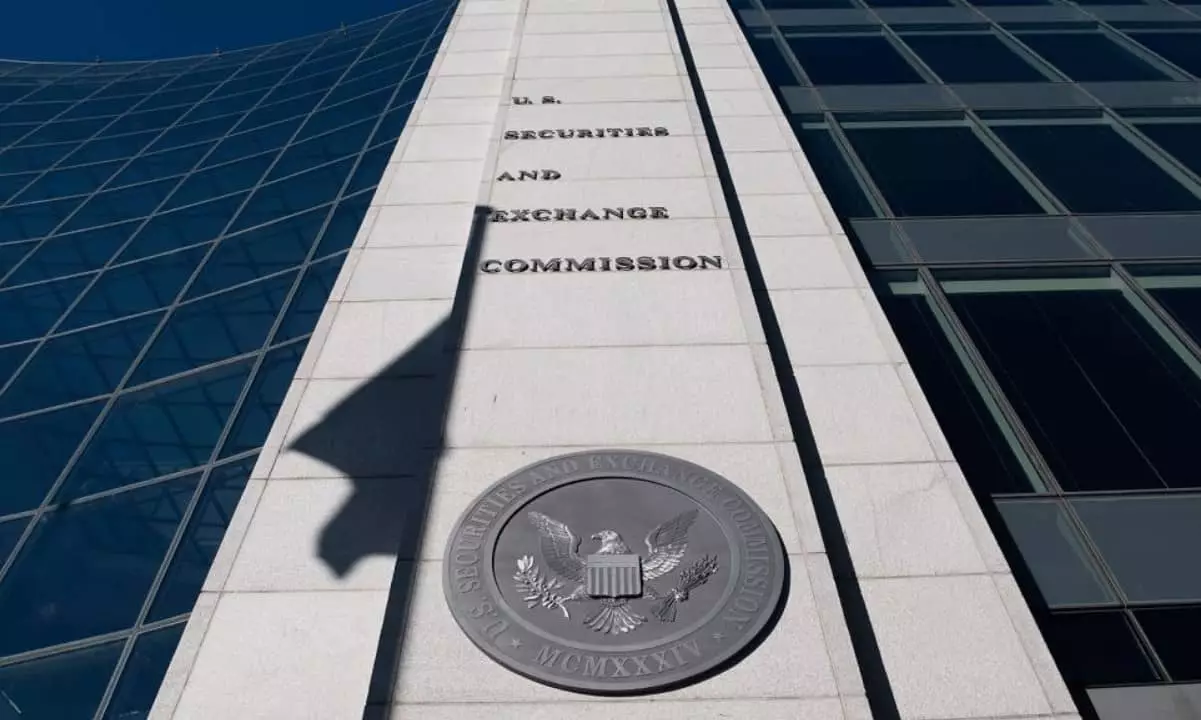The evolving landscape of cryptocurrencies continues to challenge regulatory bodies worldwide, prompting lawmaker intervention as they attempt to safeguard investors while fostering innovation. Recently, a notable disturbance in the crypto custody space emerged due to potential regulatory overreach by the U.S. Securities and Exchange Commission (SEC). Led by Republican lawmakers Rep. Patrick McHenry and Sen. Cynthia Lummis, this push aims to address unintended consequences stemming from the SEC’s Staff Accounting Bulletin No. 121 (SAB 121), which mandates certain accounting protocols for digital asset custodians. The call for rescission of this bulletin lays bare significant concerns about the SEC’s methods of implementing regulatory guidance, particularly its implications for consumer protection and equitable treatment across the crypto industry.
SAB 121 requires custodians to recognize liabilities corresponding to the fair market values of digital assets held on behalf of clients. This novel standard diverges from traditional accounting practices and introduces complexity and uncertainty for institutions engaged in digital asset custodianship. Critics contend that it could lead to inflated liability recognition on balance sheets, distorting the legal and economic realities of custodians’ obligations. By compelling custodians to hold higher reserves than what might be conventionally required, it not only complicates compliance but also risks deterring institutions from entering the crypto market due to regulatory burdens.
In their correspondence to SEC Chair Gary Gensler, McHenry and Lummis highlighted their concerns with the SEC’s procedural integrity in implementing SAB 121. They argue that the SEC bypassed necessary formal rulemaking processes, such as public notice and comment, which are designed to ensure transparency and stakeholder engagement. Their letter invokes the Congressional Review Act, suggesting that SAB 121 qualifies as a regulatory rule and should have undergone standard procedures rather than being promulgated as informal guidance. This alleged neglect raises questions about the SEC’s commitment to regulatory fairness and the protection of investors, as stakeholders have not been afforded the opportunity to contribute to the discourse surrounding such impactful regulations.
The implications of SAB 121 extend beyond its accounting requirements; they also delve into the realm of regulatory favoritism. Reports indicate that select financial institutions like BNY Mellon have received exemptions from certain provisions of the bulletin. Such instances of favorable treatment raise profound concerns about equity in regulatory enforcement across the crypto space. Lawmakers have voiced worries that this selective application might undermine trust in the regulatory framework, potentially raising ethical and legal implications of allowing specific entities to skirt compliance while others are held to stringent standards.
The absence of uniformity in regulatory application contributes to a growing perception of inequity. The concerns raised by these lawmakers center on the SEC’s alleged tendency to allow internal guidance to create “winners and losers” rather than applying consistent standards to all institutions regardless of their stature. This inconsistency could lead to investor distrust and hinder market growth, as potential custodians may be deterred by the opaque nature of compliance requirements. Transparency in the regulatory process is essential not only for the stakeholders involved but also for the broader health of the cryptocurrency market as it matures.
The tensions surrounding the SEC’s current regulatory strategies underscore the critical need for political oversight and judicial adherence to formal rulemaking processes. The call by lawmakers to rescind SAB 121 serves not merely as a response to a contentious regulatory format; it emphasizes the necessity for increased scrutiny over the SEC’s authority and its evolving policies impacting the financial ecosystem. By promoting transparency, fairness, and rigorous compliance with established procedures, lawmakers may help foster a more stable and trustworthy environment for current and future players in the cryptocurrency market. Ultimately, this may strengthen investor protections while encouraging responsible innovation that is foundational to the industry’s future.
















Leave a Reply